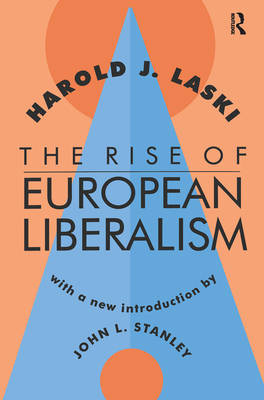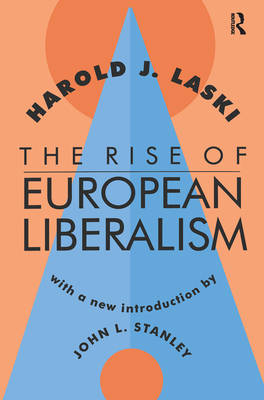
En raison d'une grêve chez bpost, votre commande pourrait être retardée. Vous avez besoin d’un livre rapidement ? Nos magasins vous accueillent à bras ouverts !
- Retrait gratuit dans votre magasin Club
- 7.000.000 titres dans notre catalogue
- Payer en toute sécurité
- Toujours un magasin près de chez vous
En raison de la grêve chez bpost, votre commande pourrait être retardée. Vous avez besoin d’un livre rapidement ? Nos magasins vous accueillent à bras ouverts !
- Retrait gratuit dans votre magasin Club
- 7.000.0000 titres dans notre catalogue
- Payer en toute sécurité
- Toujours un magasin près de chez vous
Description
Prisoners of Want examines the experience of the unemployed and their protests in France in the interwar years. Little has been written on the experience of unemployment in France despite the wealth of material - social and medical investigations, government reports, novels, memoirs and newspapers - that can be used to reconstruct the representation and reality of the experience. Assessing the impact of unemployed protest upon the authorities (in terms of policy and the longer term development of the welfare state) this book places the role of the unemployed in the wider context of European social movements in the 1930s, as well as considering the significance of unemployed protests upon the French collective memory. The part played by the French Communist Party in the creation and leadership of the movements of the unemployed, and the range of activities these movements undertook, is also explored. From self-help to protests, hunger marches, demonstrations, relief work, school strikes, town hall occupations and riots; all were strategies that the unemployed utilised to draw attention to their plight. Crucial to explaining the characteristics of these movements is an understanding of the dynamics of protest and how different tactics were selected during their development, particularly the extent to which tactical shifts were related to the nature of the response of the authorities. By exploring these under-researched facets of political life, a much fuller understanding of French society during the turbulent interwar years is offered.
Spécifications
Parties prenantes
- Auteur(s) :
- Editeur:
Contenu
- Nombre de pages :
- 328
- Langue:
- Anglais
Caractéristiques
- EAN:
- 9781138538283
- Date de parution :
- 15-03-18
- Format:
- Livre relié
- Format numérique:
- Genaaid
- Dimensions :
- 152 mm x 229 mm
- Poids :
- 607 g

Les avis
Nous publions uniquement les avis qui respectent les conditions requises. Consultez nos conditions pour les avis.






